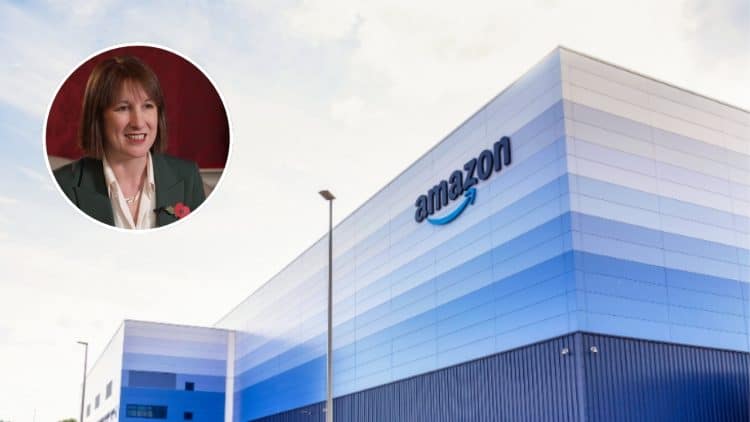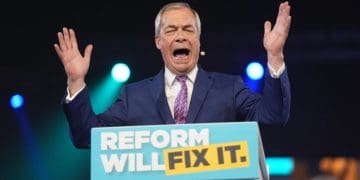Rachel Reeves, the Chancellor of the Exchequer, is considering significant tax reforms that could see online giants like Amazon pay more in taxes. The move is aimed at supporting struggling high street businesses that have long felt disadvantaged by the current tax system.
According to reports from Bloomberg, Reeves is working on plans to adjust the way business rates are calculated. Currently, companies with physical stores are taxed based on the value of the property they occupy. This system heavily favours online retailers, who operate from less expensive warehouses or distribution centres. The proposed changes would mean that e-commerce businesses, such as Amazon, could face higher tax bills, levelling the playing field for high street shops.
A Lifeline for High Street Retailers
Reeves’ plan is seen as a potential lifeline for the high street, which has been struggling in recent years. Traditional brick-and-mortar retailers have faced numerous challenges, including rising rents, increasing business rates, and the rapid growth of online shopping. This has led to many shop closures and the decline of local shopping areas, leaving high streets across the UK looking increasingly empty.
The chancellor’s proposed tax changes are designed to reduce the financial burden on physical stores, particularly those in sectors like hospitality and leisure. These businesses are already under pressure, and the situation could worsen when a Covid-era relief measure on business rates expires in April. If Reeves’ plan goes ahead, these retailers could see some much-needed relief.
No Online Sales Tax, But Business Rate Adjustments
Although Reeves is unlikely to introduce a direct online sales tax, her focus is on reforming the business rates system. One option being considered is to base business rates on factors such as a company’s revenue or the type of property it occupies. This would ensure that large e-commerce companies, which generate substantial profits while operating from low-cost warehouses, contribute more in taxes.
These adjustments could help traditional retailers who are currently paying higher business rates due to their more expensive high street locations. By rebalancing the system, Labour hopes to provide a fairer environment for businesses and encourage more footfall on local high streets.
Aligning with Labour’s Commitment
The proposed tax changes align with Labour’s commitment to support high street businesses and “level the playing field” between traditional and online retailers. Reeves has been vocal about the need to reform the tax system to make it fairer for all businesses, ensuring that e-commerce companies do not have an unfair advantage over their high street counterparts.
While many have praised the potential reforms, some critics argue that increasing taxes on online retailers could lead to higher prices for consumers. Others fear that these businesses may pass on the extra costs to their customers, potentially making goods and services more expensive.
However, supporters of the plan believe that this is a necessary step to protect high streets from further decline. Many traditional retailers have struggled to compete with the convenience and lower prices offered by online giants, and Reeves’ proposals could provide them with the breathing space they need to survive.
A Balancing Act
Reeves is set to announce her first budget on 30 October, where she is expected to outline these tax reforms in more detail. The chancellor faces a delicate balancing act, as she looks to raise additional revenue for the government while ensuring that high street businesses are not left behind in the digital economy.
As more people shift towards online shopping, the government is under increasing pressure to reform the tax system to reflect the changing retail landscape. Reeves’ proposals offer a possible solution, but it remains to be seen how these changes will be received by both businesses and the public.
You may also like: Thirsty for more cash? Water companies propose whopping 84% price hikes







